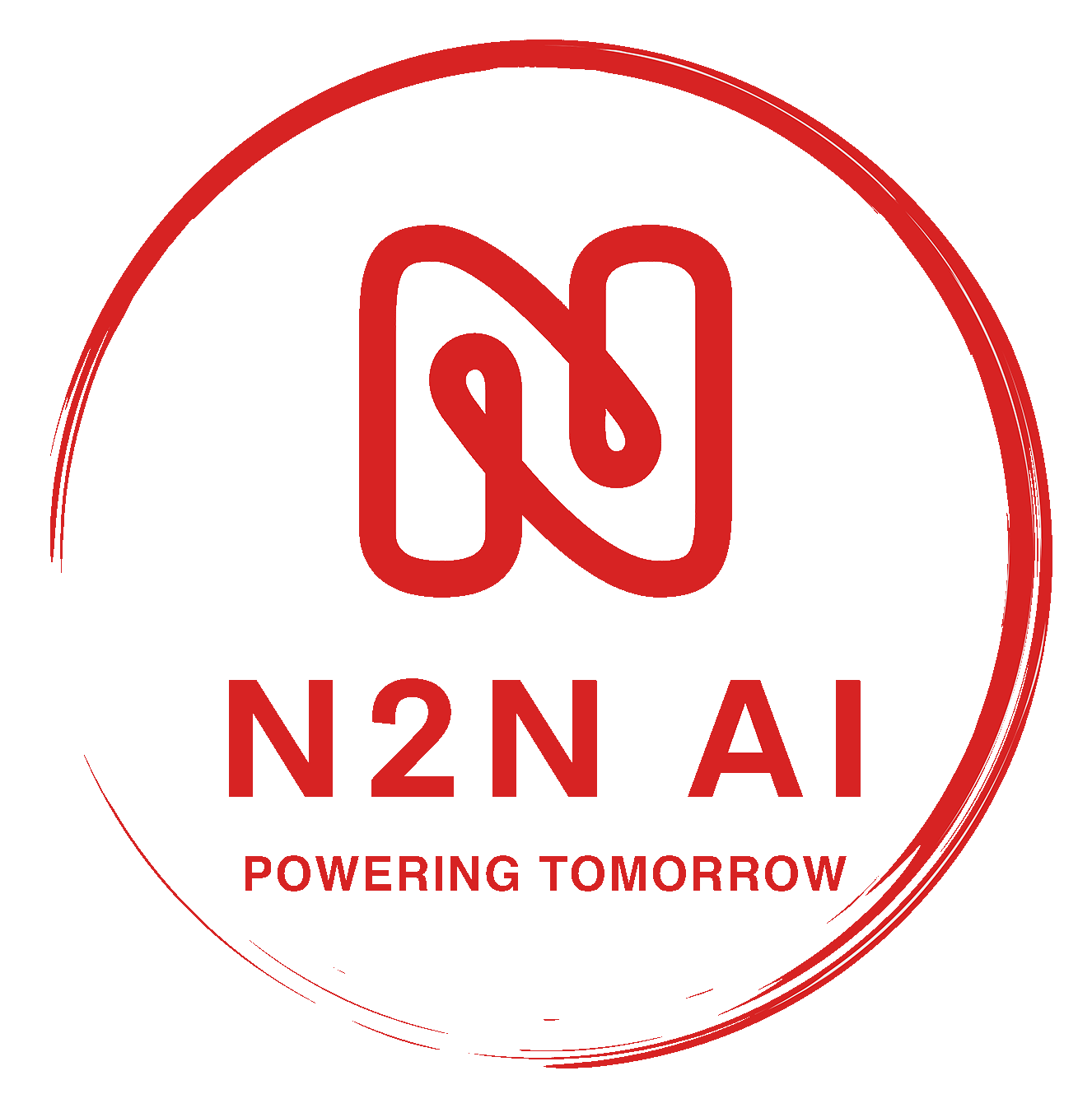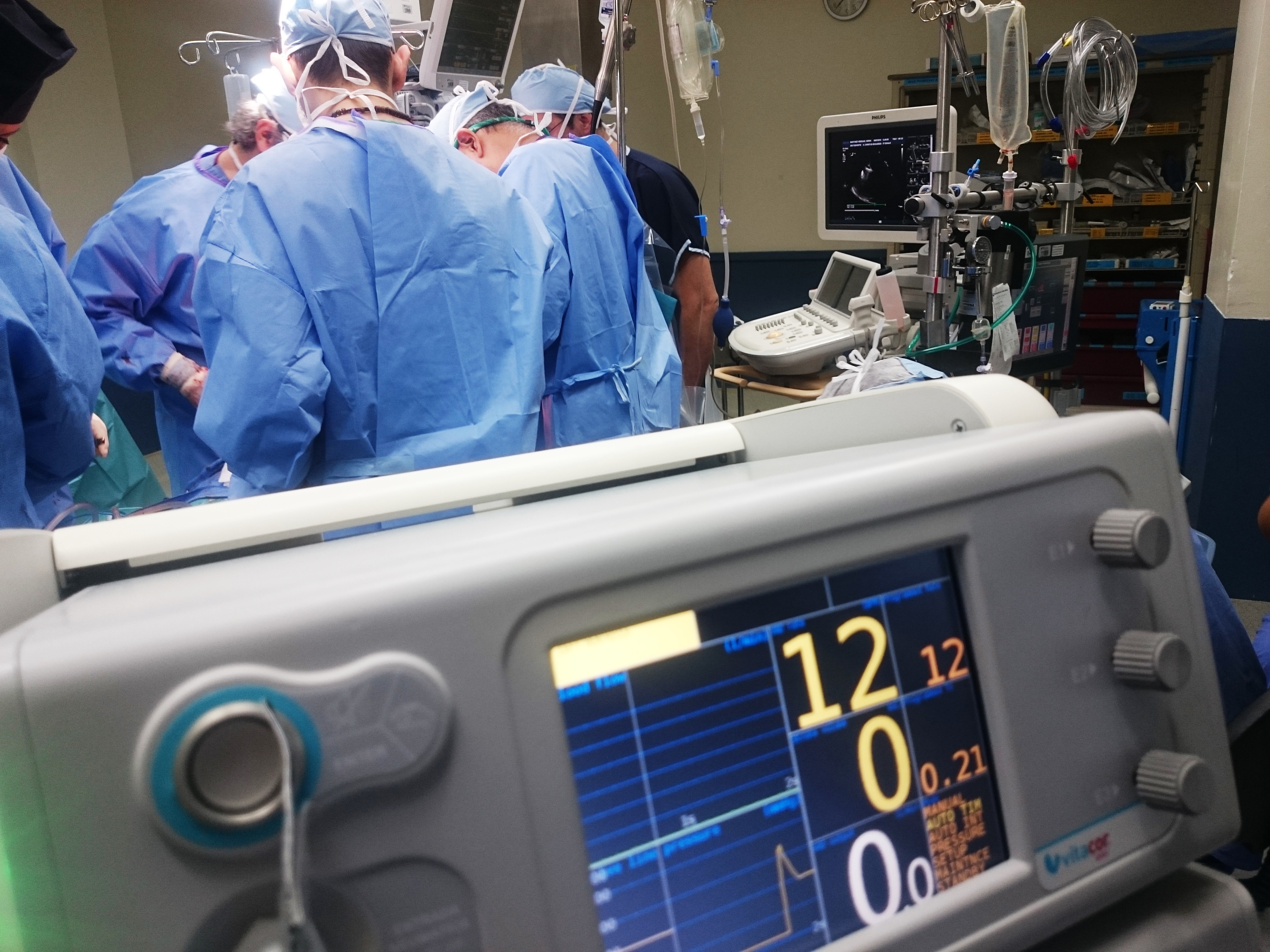Empowering Health with Secure AI
Secure AI in healthcare ensures patient data privacy through advanced encryption, access controls, and compliance with regulations like HIPAA and GDPR. It enhances diagnostics, treatment planning, and operational efficiency while minimizing risks of bias, errors, and cyber threats. Continuous monitoring, rigorous validation, and ethical AI principles are crucial to maintaining trust and safety in medical applications.
- Improving medical diagnosis
- Personalising treatment
- Speeding up drug discovery
- Managing healthcare data

